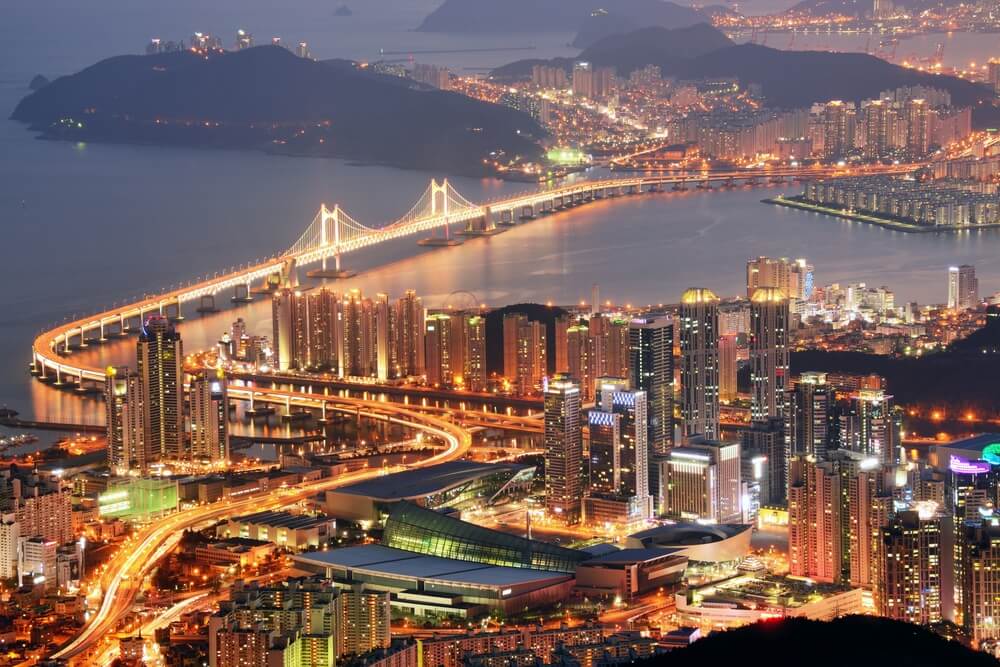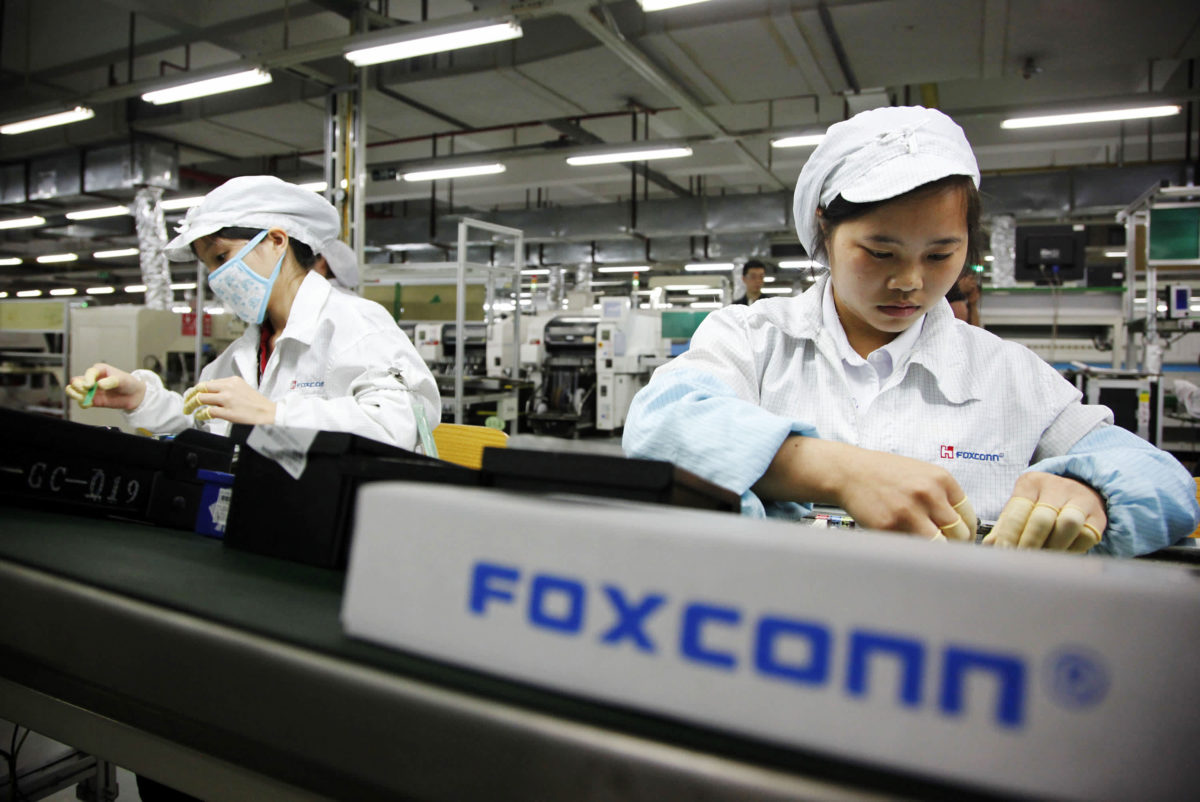South Korea’s biggest companies, including Samsung Electronics, will join a state plan to invest 422 billion US dollars by 2026 in chip production and electric vehicles.
Samsung plans to invest 300 trillion won (~$230 billion) over the next two decades in order to create its largest chip factory on the outskirts of Seoul, which could be a significant start to its success.
One of the world’s largest manufacturers of memory chips is investing heavily in its production potential to catch up with rival company Taiwan Semiconductor Manufacturing (TSMC) and take a leading position at the global level, writes Bloomberg.
The South Korean government recently unveiled a private-sector investment plan that includes this project. Seoul’s strategy aims to expand tax incentives and support to increase the high-tech sector’s competitiveness, including chip, display and battery manufacturing.
Reduced demand
Samsung’s investment is a key part of those efforts. By 2042, the company intends to construct five factories within a new chip cluster in Yongin, which will involve more than one hundred and fifty chip companies from domestic and international sources.
In recent months, South Korea’s largest enterprise has experienced reduced profits due to the degraded global economy due to the conflict in Ukraine, inflation, and a decline in the demand for electronics and memory chips, as reported by SCMP.
The company saw a nearly 70 per cent drop in profit for the three months that ended December, largely due to plunging chip costs as customers adjusted their stockpiles to the economic circumstances.
Samsung’s operating profit decreased by 69% in last year’s last quarter, amounting to $3.4 billion. The worldwide financial slump has caused the electronics market to suffer more than predicted, as evidenced by the biggest decline in the firm’s profit in ten years.
South Korea’s biggest company is struggling with weak demand for memory chips, smartphones and displays as spending shrinks due to rising interest rates. According to Bloomberg, Apple creates an additional demand problem, one of the largest buyers of Samsung screens and memory chips, whose production is significantly delayed.
















